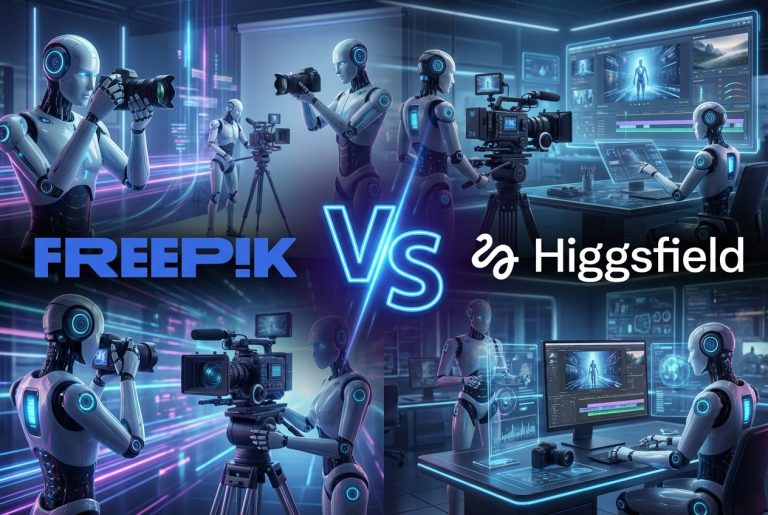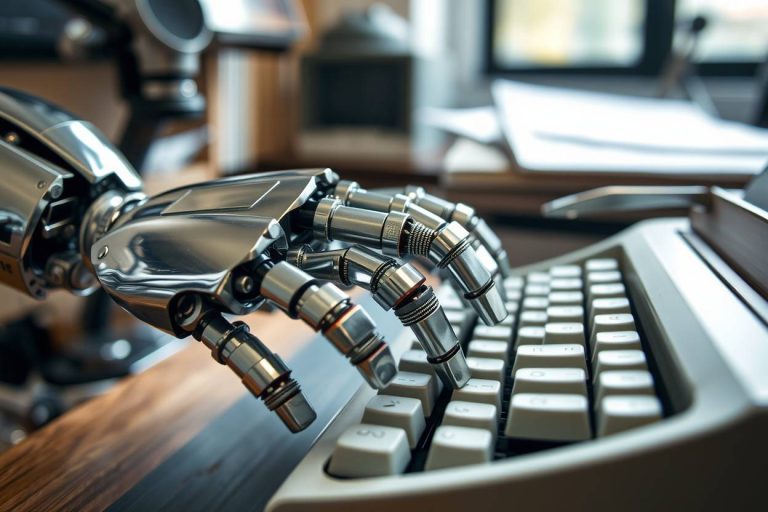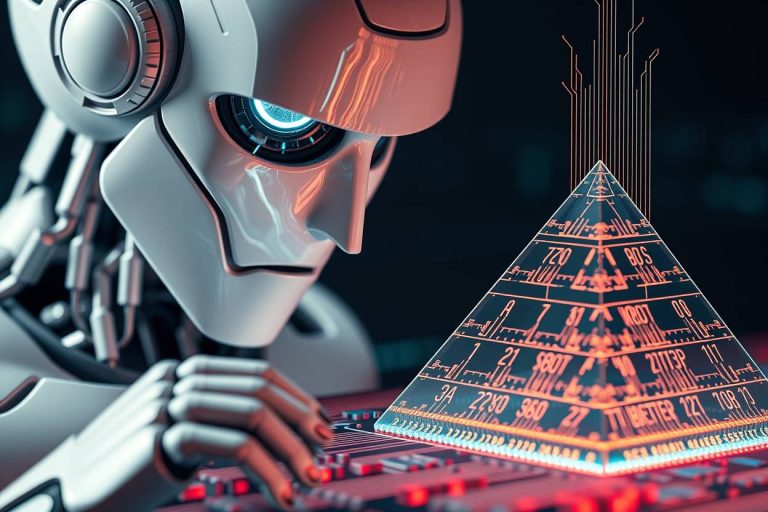AI and the future of software engineering: What to expect in 2025
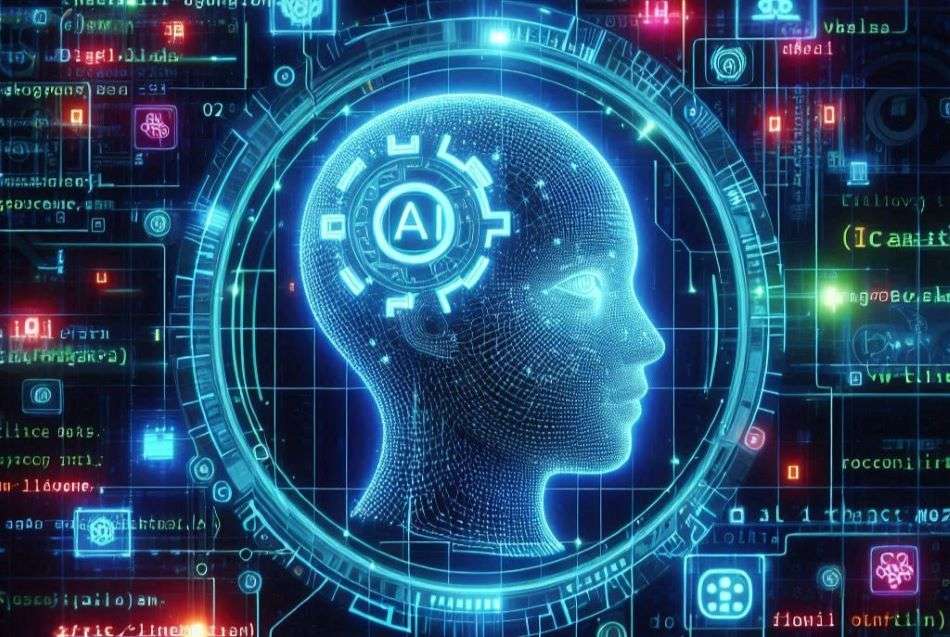
Software engineering continues to be the cornerstone of innovation in 2024, shaping technology and driving progress across industries. But with artificial intelligence (AI) and automation now seamlessly integrating into the software development process, the progress is faster than ever.
This shift brings crucial questions to the forefront: How will AI reshape the future of software engineering? Will human engineers remain essential, or could they be replaced by smarter, faster, and more efficient AI-driven systems? In this article, we assess the threat and opportunity of AI on software engineering services in 2025 and onwards.
Key Takeaways
- Coding, testing, documentation, and monitoring tasks will be automated by AI, which will threaten many routine engineering roles.
- Software complexity is growing at a speed that no AI can handle alone at the moment. Human creativity, ethics, and versatility still rule.
- Domain specialization, architecting, and managing AI complexity will continue to be human-led and will be even more critical.
- Future opportunities lie in acquiring AI, security, and hardware skills. Bridging IT/OT and leading collaboration will also be essential.
AI steps in: Coding smarter, faster, and cheaper
AI is changing how software is built by automating coding, testing, and debugging—tasks that used to require human effort. Global spending on AI software is expected to reach $632 billion by 2028, growing 29% annually from 2024. AI tools are already capable of writing code, running QA tests, and spotting bugs efficiently.
By 2025, AI will take on more advanced work, like writing optimized code, managing deployments, and automating routine tasks. Tools such as self-driving IDEs and smart coding assistants are becoming more common, using large datasets to improve results. Google’s CEO recently shared that 25% of the company’s internal code is now written by AI, showing how quickly these tools are being adopted.
The benefits are faster development, fewer errors, and lower costs. Engineers can spend more time on creative problem-solving while relying on AI for repetitive tasks. However, this shift raises concerns about how traditional roles will adapt as AI takes on a bigger role in software development.
AI automating software development
AI can now automate parts of the software lifecycle that previously required human effort. Below are key areas where AI could replace engineers by 2024:
Coding and programming
AI code generation tools are advancing quickly. Algorithms can now write complete programs in multiple languages based on simple commands or prompts. By 2024, AI could automatically generate simple business apps, websites, scripts, IoT systems, and data pipelines with minimal or no human input. Complex projects might also integrate machine-generated code.
Impacts: Mid-tier developers who build standardized apps face the greatest risk, as AI could automate much of their work. However, elite engineers could use AI tools to code faster and more efficiently.
Testing and quality assurance
Testing and bug detection are highly suited for automation. AI testing tools already analyze codebases and model behaviors using machine learning to identify defects missed by human developers. In the future, smart systems will simulate user environments and generate test data to catch corner case bugs and security flaws.
Impacts: Manual testers are most at risk as AI tools deliver higher coverage and faster results. Engineers may spend more time building rather than testing.
Software documentation & maintenance
AI can generate documentation and diagrams from system code and architecture with increasing accuracy. Bots can handle simple maintenance tasks like updates, integrations, and parameter changes, freeing up engineers’ time. AI could also create self-adapting, self-documenting software systems.
Impacts: Technical writers and engineers focused on documentation and maintenance may face redundancy due to intelligent automation. However, human oversight remains critical for managing edge cases.
Deployment, Operations, and Monitoring
Ensuring software works correctly is challenging, but AI is improving predictive insights. AI tools can assist reliability engineers with deeper diagnostics and smarter fixes during pre-deployment. Post-deployment, AI can analyze real-time logs to prevent outages and optimize performance with minimal human input.
Impacts: Site Reliability Engineers (SREs) could respond to incidents faster with AI’s help. However, bots lack the reasoning skills to address unfamiliar problems, making human judgment indispensable.
The continued need for software engineers
While automation will increase across the software lifecycle, engineers will still play an irreplaceable roles in 2025. AI lacks general intelligence and the ability to reason like humans (for now at least). With software becoming more complex, creative and strategic thinking are more important than ever.
Why software engineering roles will remain key
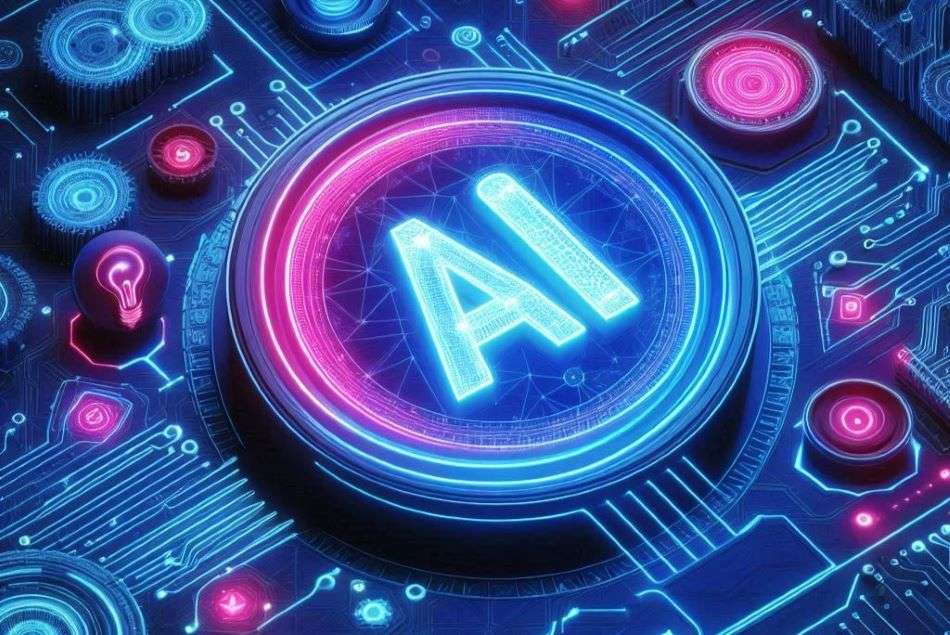
Architecting Systems
Engineers design complex systems by understanding ambiguous business needs and balancing technical constraints. AI struggles to explore trade-offs, clarify unclear requirements, and develop end-to-end strategies. Human ingenuity and problem-solving will remain crucial for high-level architecture, especially as software integrates into critical infrastructure.
Specialized Domain Knowledge
Niche domains like genomics, law, or space technology require deep expertise that AI cannot replicate. Engineers bring contextual and conceptual knowledge to specialized programming tasks. AI cannot infer domain rules or logic as effectively as humans. Engineers with domain expertise will continue to be vital for innovation.
Managing AI Complexity
As AI becomes ubiquitous in the software lifecycle, engineers will manage its increasing complexity. Humans still outperform AI in reasoning about multidimensional contexts and trade-offs. Managing legacy codebases and deploying AI systems safely will require roles like Machine Learning Engineers and AI Architects.
Creativity, Ethics, and Legal Compliance
Software design and user experience require creative problem-solving and empathy. Engineers synthesize fuzzy requirements and align them with business goals. AI lacks emotional intelligence, which is essential for these tasks. Additionally, engineers ensure fairness, transparency, and accountability in AI-driven systems, especially in sensitive areas like healthcare and finance.
The Human Touch
Software engineering is an art that combines creativity, experimentation, and adaptability. While AI complements engineers, it cannot replicate the intuition and passion of the best developers. Custom solutions will continue to require human expertise for decades.
Future opportunities for software engineers
To adapt to an AI-driven world, engineers should focus on roles that leverage their strengths and embrace AI’s capabilities. Here are key areas to explore:
Becoming AI/ML Developers
AI adoption is growing rapidly, creating demand for engineers skilled in AI and data science. Focus areas include machine learning research, ML-ops engineering, annotation pipelines, and model governance. Engineers with programming experience can cross-skill into these domains and unlock significant opportunities.
Specializing in Cybersecurity
The increasing reliance on software amplifies cybersecurity risks. Engineers with expertise in cloud security, blockchain, threat intelligence, and data privacy will be in high demand. Roles in biometrics, surveillance systems, and advanced encryption will also grow as security becomes more complex.
Bridging IT/OT Convergence
As IT and operational technology (OT) converge, engineers will need to expand into areas like robotics, embedded systems, and industrial control. Key opportunities include edge computing, IoT applications, and modernizing supply chains. Roles like digital twin architects and robot coordinators will be highly valued.
AI will undoubtedly automate narrow, routine software tasks, but it cannot replace the flexibility, problem-solving, and responsibility inherent to the broader craft of engineering. The future points toward a productive partnership—a symbiosis where AI amplifies what engineers can achieve rather than replaces them.
Software engineers who embrace change, strategically reskill, and leverage AI’s capabilities will find themselves thriving in this evolving landscape. By adapting to new roles, exploring opportunities in AI and related fields, and guiding its responsible development, they will remain essential to the industry’s future. The outlook is bright for those willing to grow alongside the machines they help create.


